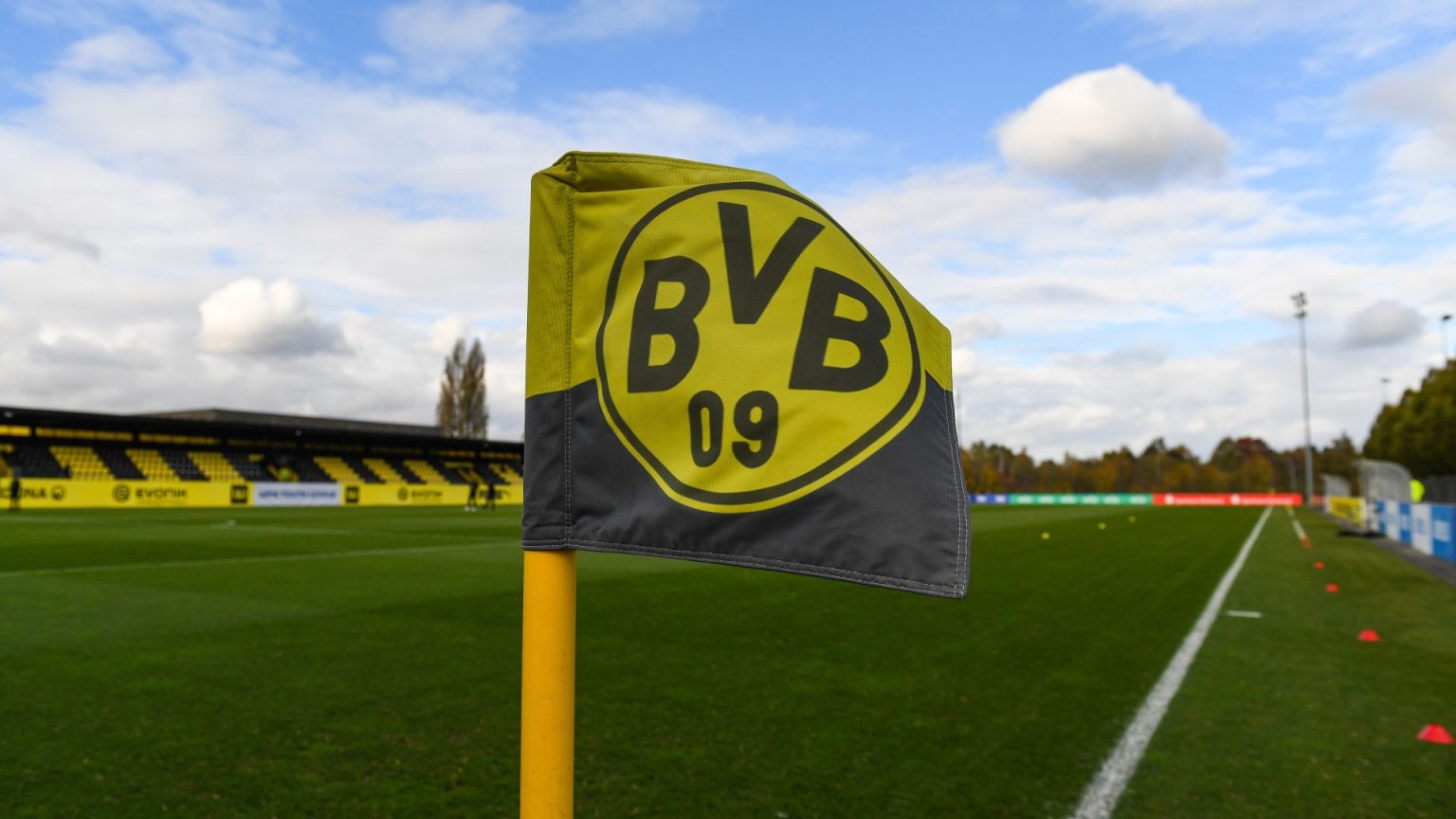Borussia Dortmund, last season’s Champions League finalists, have been severely impacted by a widespread flu outbreak within their squad, forcing them to abandon their training ground and relocate to the German Football Association (DFB) headquarters in Frankfurt, a significant 140 miles away. This disruptive situation comes on the heels of a disappointing 3-2 home defeat against Bayer Leverkusen, a match where Dortmund conceded a goal within the first 25 seconds. The illness has significantly weakened the team’s strength, posing a considerable challenge as they prepare to face Holstein Kiel.
Manager Nuri Sahin confirmed the extent of the outbreak, identifying several key players, including Emre Can, Ramy Bensebaini, Pascal Stenzel, Filippo Mane, and Alex Meyer, as being among those affected. While their cardiac health is stable, their overall condition remains uncertain, and their ability to tolerate training is being closely monitored. The uncertainty extends to Karim Adeyemi, Jamie Bynoe-Edwards, and Donny Malen, all of whom are doubtful for the upcoming match. The situation is so precarious that even Sahin himself is battling the illness, highlighting the pervasive nature of the virus within the team.
To mitigate the risk of further infection, the team has implemented strict hygiene protocols, including a ban on handshakes, opting instead for fist bumps. The relocation to the DFB headquarters, commonly referred to as the home of “Die Mannschaft” (The Team), is a precautionary measure to allow for a thorough disinfection of their own training facilities. This temporary move underscores the seriousness of the outbreak and the club’s commitment to containing it.
Despite the adversity, Sahin remains resolute, emphasizing the team’s unwavering focus on achieving their objectives. He acknowledged the increased difficulty presented by the circumstances but reiterated their determination to secure a victory against Holstein Kiel. The manager stressed that regardless of the personnel challenges, Borussia Dortmund will field a full team and compete with the intent to win. This unwavering commitment reflects the team’s resilience and their refusal to let the health crisis derail their season.
The severity of the flu outbreak has exposed the vulnerability of even elite sports teams to unforeseen health crises. The disruption to training, the uncertainty surrounding player availability, and the relocation to a new environment all contribute to a challenging situation for Borussia Dortmund. The outbreak serves as a reminder of the importance of health and safety protocols and the potential impact of illness on team performance. The team’s response, however, demonstrates their adaptability and their determination to persevere despite the obstacles.
While the immediate focus is on navigating the current health crisis and securing a positive result against Holstein Kiel, the long-term implications of this outbreak remain to be seen. The team will undoubtedly be monitoring the players’ recovery closely and working to re-establish their training routines once the all-clear is given for their return to their own facilities. The experience will likely serve as a valuable lesson in preparedness and the importance of maintaining a healthy environment for players. The resilience and determination shown by the team in the face of this adversity, however, suggest that they are well-equipped to overcome the challenges and continue their pursuit of success.




